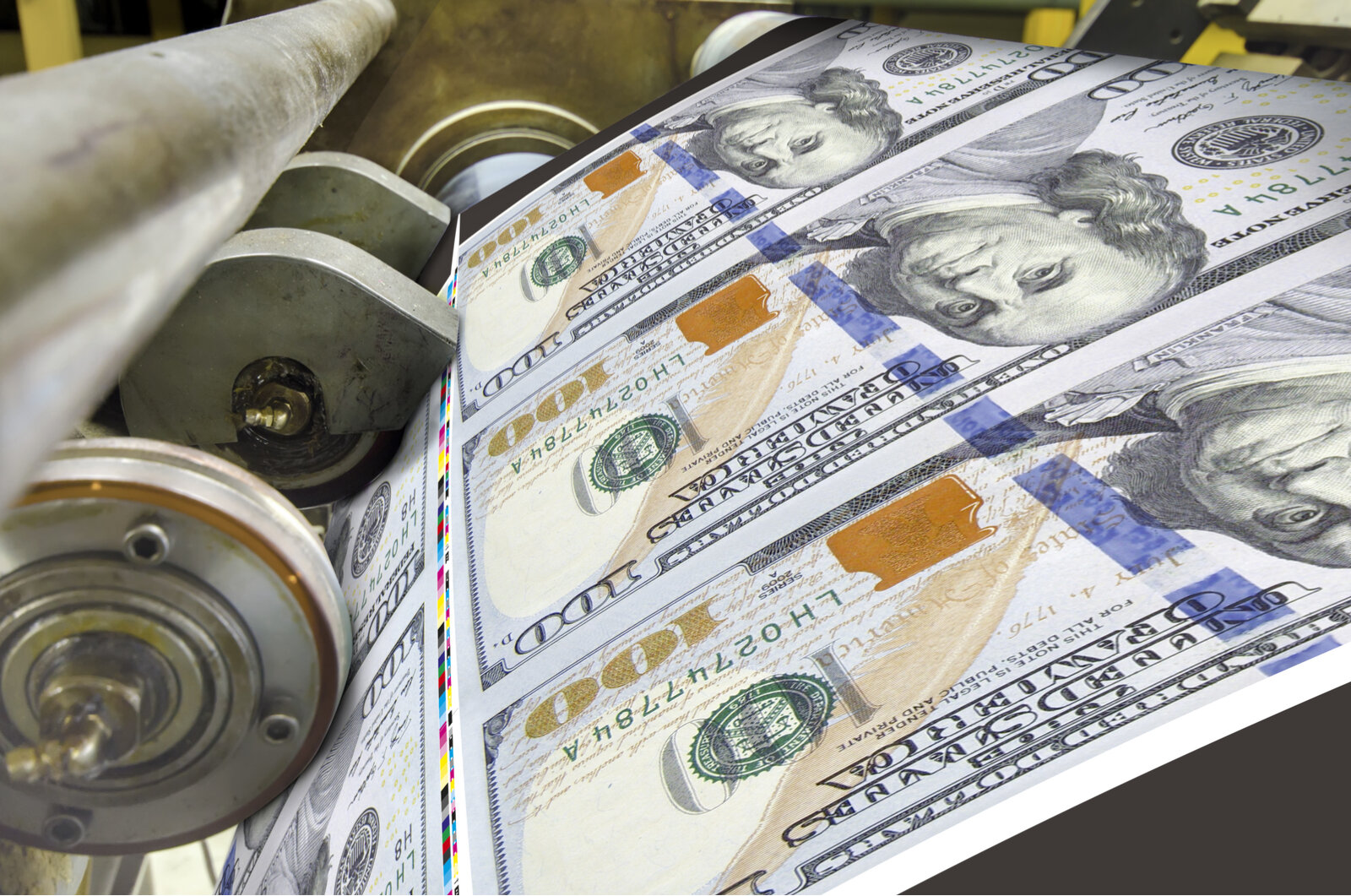Loss and damage financing gets another boost — but adaptation-focused financing is key, policymakers say

On the financing front, we saw yesterday a handful of fresh funding commitments, including more countries committing to loss and damage financing and a new “trust fund” to pool together resources to finance the green transition. Heads of state and other big names in the climate scene continued to stress on the importance of equitable adaptation-focused financing for developing nations.
Germany joins a World Bank-hosted fund for loss and damage financing, committing EUR 170 mn: Germany is providing EUR 170 mn for a G7-funded “Global Shield Financing Facility” aimed at increasing “targeted” finance for disaster protection and ins. for the V20 group of 58 nations most vulnerable to climate change, according to Chancellor Olaf Scholz, who spoke on Monday, Reuters reports. Lebanon, Morocco, Palestine, Tunisia, and Yemen are all members of the V20. The World Bank will host the facility, which the G7 countries will pay into, President David Malpass announced at a meeting with Scholz, Reuters reported.
And Austria makes five (countries committing to loss and damage financing, that is): Austria is committing “at least” EUR 50 mn to help developing countries tackle loss and damage over the next four years, the country’s climate ministry told Reuters yesterday. Funds could go towards the UN’s “Santiago Network” — which provides technical support to countries that sustain damage from climate change-induced natural disasters — and an early warning system program, the news outlet reports. Austria will also add another EUR 10 mn to this year’s budget for climate finance, Climate Minister Leonore Gewessler is reported to have said. Austria joins Belgium — which pledged EUR 2.5 mn for loss and damage in Mozambique from 2023-2028, we noted yesterday — as well as Scotland and Denmark, the only other two countries to have ever pledged loss and damage funding — a major theme of this year’s summit.
Separately, the World Bank launched Scale yesterday, the “big trust fund” to “pool funding from the global community — including donor countries, the private sector and foundations — for scalable pathways to greenhouse gas emission reduction,” according to a statement. Malpass had announced the fund in mid-October, we reported. “I think of it as a giant resource need that can be filled by grants from the advanced economies,” Malpass told Bloomberg.
A thumbs up to South Africa’s decarbonization plan could open the door for promised funding: The EU and a handful of wealthy countries that last year committed to provide USD 8.5 bn in the form of grants, loans, investments, and “risk-sharing instruments” to help South Africa decarbonize its economy have endorsed the country’s plan to wean itself off coal — paving the way for the funding to be issued, they said in a joint statement on Monday. The funding will support “coal plant decommissioning; funding alternative employment in coal mining areas; investments which will facilitate accelerated deployment of renewable energy and investments in new sectors of the green economy.”
But South Africa’s President is pushing for a revamp of how climate finance is delivered: South Africa’s President Cyril Ramaphosa wants multilateral development banks to be less “risk averse” in their lending approach, he said during his speech yesterday, saying multilateral support was unobtainable for most of the world (watch, runtime: 16:45). He pushed for more funding in the form of grants and concessional loans, Bloomberg noted. The pledge from the International Partners Group — the US, EU, Britain, France and Germany — to fund South Africa’s decarbonization plan has drawn criticism for reportedly planning to provide some 80% of the USD 8.5 bn pledged as loans rather than grants.
A CHORUS OF CALLS FOR ADAPTATION-FOCUSED FINANCE-
Kerry appeals for “common sense” in climate finance delivery: US climate envoy John Kerry called out the failure of wealthy countries to deliver a promised USD 100 bn in climate finance, while some countries are still investing in fossil fuels, at a panel discussion on climate adaptation yesterday, Bloomberg reported. He warned that USD 11.4 bn in international climate finance promised by US President Joe Biden by 2024 might never materialize if Democrats lose control of Congress in Tuesday’s midterms. “If what I think will happen in today’s elections happens and the House is gone, you’re not going to see that money,” he said.
Adaptation needs to be a climate finance priority — and wealthy countries need to step up, Pakistan’s Prime Minister Shehbaz Sharif said yesterday, calling for “additional and sustained resources” to meet developing countries’ needs “with the speed and scale that’s required” (watch, runtime: 13:02). “A goal on adaptation needs to be prioritized” to help Pakistan — which saw devastating floods earlier this year — rebuild, without falling into a “financial debt trap,” Sharif said.
Big Oil, Western gov’ts came under fire from nations buffeted by extreme weather: Leaders of small island states called yesterday for a global carbon tax to be levied on oil and gas companies as a source of loss and damage funding, Reuters reported. Collectively, these companies see daily net income of some USD 3 bn, while “the planet is burning,” said Antigua’s Prime Minister Gaston Browne, speaking on behalf of the Alliance of Small Island States. Sri Lanka’s President Ranil Wickremesinghe meanwhile slammed the “double standards” of Western governments that have financed the Russia-Ukraine war, while missing climate financing targets (watch, runtime: 8:45). Many developed nations “deem it fit to wait on their climate financing contributions, but seem “to have no qualms spending for a war,” he said.
Gates Foundation CEO Mark Suzman also joined calls for more adaptation-focused investment, telling Reuters that despite increases, funding was still “far short of what is needed.” Multilateral development banks like the World Bank need to do more, Suzman said. The foundation pledged USD 1.4 bn to support smallholder farmers on Monday, we noted.